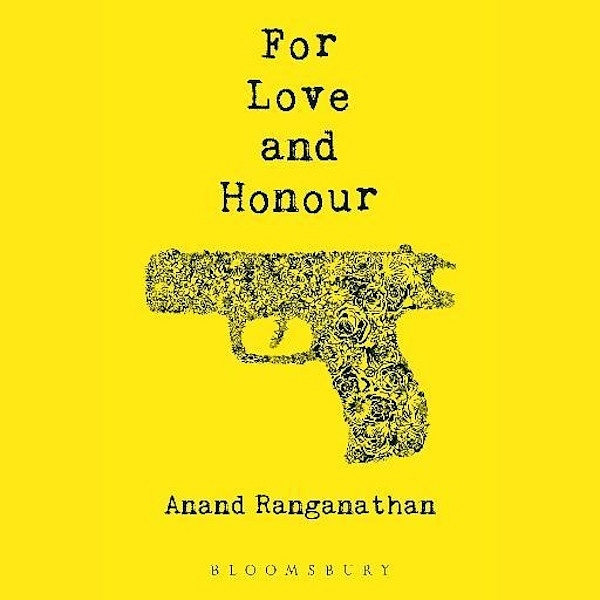
Interview: Anand Ranganathan On 'A Violent Book Of Manners'
When Delhi-based Anand Ranganathan is not researching infectious diseases, he writes. His second novel, For Love and Honour(Bloomsbury India, Rs 350), a love story set against the backdrop of insurgency in the northeast, was published recently. In an email interview, Ranganathan spoke to Antara Das about his new book. Excerpts:
1) Why did you decide to situate a love story amidst the strife and violence of Northeast India?
It was a considered decision, suggested first by Bharat Solanky, my friend with whom the story of For Love and Honour was developed over weeks and months. When you come to think of it, the Northeast still remains largely an unexplored territory in Indian books and mainstream films. Which is rather unfortunate. Then there was an element of personal interest in knowing more about the region and its rich (and troubled) history. Finally, a tea-estate provided an ideal setting to bring out the liberated yet cloistered characters that are the spine of the book.
2) Your description of the topography and empathy towards the people you depict in your novel suggests a certain amount of familiarity with the region. Or is it just good research?
A bit of both, really. To begin with, I’ve always had a fondness for the Northeast – and here I lasso in Bengal. Although my travels to the Northeast have been few – and in my childhood, besides – the memories are surprisingly fresh. I have always wondered why this is so but can’t put my finger on it. There is also the case that, in developing a character – and more importantly developing it slowly, with leisure – one can’t help but evoke the associations and friendships one has had with people from the region. The shadow of this inevitably falls on the description of the region itself. Finally, quite a lot of non-fiction needed to be read, to get the dates, associations, and general history of the period right. Extensive research is essential, especially for a novel that deals with historical events.
3) While your online commentary is typically droll, you seem to have avoided black humour altogether in your novel. Was this a conscious decision?
Never thought about it, really. You might be right, but I do think there is some black humour in the book – but yes, it’s limited. Remember, also, that the story has as its backdrop some very disturbing events – the Aizawl bombing, the insurgency, the decades-long strife. A book such as this demanded sincerity and not cleverness. The challenge really was to supplement the historical backdrop with a period treatment of, shall we say, the Human Condition. At one level, I suppose, one could call it a book of manners. But a violent book of manners.
4) Do you plan to write more love stories?
I’m always game for love stories. And I love to experiment. So there. But on a serious note, what I like most in a love story is how dark it can get, how terribly out of control, how unflinching, how unconcerned with what the readers might think. It is extremely difficult to write a good love story. If I can put it another way, it is not enough to describe your personal experiences, or your emotions, to make for a good love story. The layers are just too many. Extremely difficult to accomplish this feat. And almost impossible to equal Greene’s The End of the Affair which, in my opinion, is the greatest love story ever written. The English Patient comes close, admittedly.
5) Do you plan to use your familiarity with the scientific world as raw material for fiction in the future?
I’m not much of a science fiction fan, to be honest. But yes, a few moth-eaten, half-done manuscripts involving fiendish scientific schemes do lie hidden in the drawers somewhere.